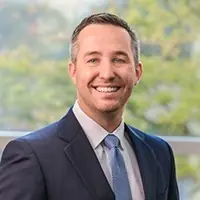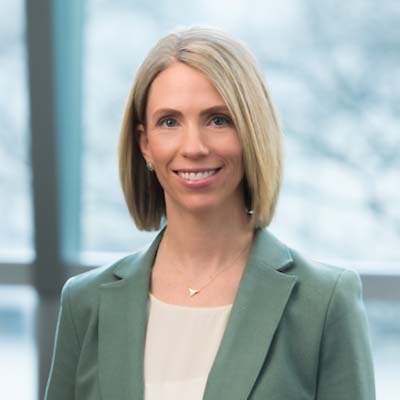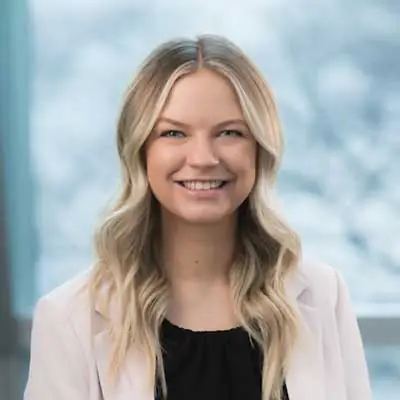At Children’s Nebraska, we understand that birth defects or traumas can be difficult and overwhelming — especially when they are visible or affect a child’s development. And that’s why our specialists are here to help children ages 0 to 21 through all of their plastic surgery needs.
Make An Appointment
Most patients are referred by their pediatrician or another specialist. However, you can bring your child without a referral as long as their insurance company approves the procedure.
To schedule an appointment for your child, call 402-955-7450.
What Sets Children’s Apart?
When your child needs plastic surgery at Children’s, you can rest assured that they are in safe hands.
- Children’s has been recognized regionally and nationally for excellence in care and safety, and has received national awards for innovations in using healthcare technology.
- We are affiliated with Nebraska Medicine — one of the top hospitals in Nebraska — which allows us greater resources for conducting cutting-edge research that improves care for children across the country.
Conditions We Treat
Plastic surgery covers a wide range of conditions, ranging from those that are congenital (present at birth) to those that are acquired (developed later in life, such as from an injury or burn).
At Children’s, the most common conditions we treat include:
-
Alveolar Defect
A bony gap in the gum line/ridge that contains the teeth sockets -
Cleft Lip and Cleft Palate
- Cleft Lip: The tissue that makes up the lip doesn’t completely join before birth, causing an opening in the upper lip
- Cleft Palate: The tissue that makes up the roof of the mouth doesn’t join together during pregnancy
- Submucous (Hidden) Cleft Palate: The mucous membrane tissue covers up the cleft (pink tissues in the mouth), making the cleft hard to see
-
Congenital Hand and Foot Anomalies
Certain problems with the hands and feet that are present from birth, including:- Polydactyly: A child has more than five fingers or toes
- Syndactyly: A child’s fingers or toes are fused together
-
Congenital Nevi (Moles) and Other Pigmented or Vascular Lesions
Moles, birthmarks, and discoloration on the skin, which may sometimes be caused by problems with blood vessels -
Craniosynostosis
A birth defect where a baby’s skull bones join together too early before their brain is fully developed -
Dermoid Cysts, Masses, and Lesions on the Face and Body
Sacs or growths that appear on the face -
Ear Malformations
Misshapen or unusual-looking ears, such as small ears (microtia), deformed ears, or protruding ears -
Facial Asymmetry and Paralysis
- Asymmetry: A congenital defect (present from birth) that makes each side of the face appear different from one another — much more than the usual, less noticeable differences that all people have
- Paralysis: Facial nerve weakness in one side of the face that causes difficulty or inability to move that side of the face (in very rare cases, both sides of the face can be affected)
- Hemifacial Microsomia: One side of the face does not develop or grow correctly
-
Jaw Abnormalities or Deformities
- Micrognathia: The lower jaw is smaller than usual
- Retrognathia: The lower jaw is too far back, making it appear as though a child has a severe overbite
- Malocclusion: The teeth do not align properly, causing a child to have an abnormal bite
-
Nasal Deformities
Problems with the shape or structure of the nose that make it difficult to breathe through the nose -
Plagiocephaly (Also Known as Flat Head Syndrome)
A baby’s head has a flat spot or is misshapen -
Scars
Patches of skin that grow over a wound (such as a burn, cut, scrape, sore, or previous surgery), and are sometimes treated with scar revision techniques to improve or reduce its appearance -
Torticollis
The muscles in the neck cause the head to rotate or turn to the side -
Vascular Anomalies
Blemishes or masses — which can cause swelling, bleeding, or pain — that result from abnormal development of the blood vessels and lymph vessels. -
Velopharyngeal Dysfunction (VPD)
The soft palate (tissue at the back of the roof of the mouth) does not close an opening called the velopharyngeal port, causing too much air to flow through the nose and making a person’s speaking voice sound nasal -
Other Conditions
We also provide treatment for abnormalities or deformities caused by other conditions, including:- Birth defects
- Pressure injuries
- Syndromes
- Trauma
- Wounds (in our Wound Clinic)
Treatments & Services
Treatment depends on your child’s specific condition and its severity, as well as their personal medical needs. We will work with you to create an individualized care plan tailored just for them.
Our main focus is reconstructive surgery, which we provide for all of the conditions listed above.
Reconstruction
When many people hear “plastic surgery,” they think of cosmetic surgery. Cosmetic surgery includes procedures to improve a person’s overall appearance. It’s typically performed on someone who has normal anatomy but would prefer to have a part of their body look different. Cosmetic surgery is not considered medically necessary and is not covered by most insurance plans.
At Children’s, we focus on reconstructive surgery. This type of surgery is performed to restore function and normal appearance to a part of the body. It’s also used to correct deformities caused by trauma, birth defects, or medical conditions, such as cancer. Usually, reconstruction is considered medically necessary and is covered, making it covered by most insurance plans.
Multidisciplinary Cleft and Craniofacial Clinic
Children born with cleft lip, cleft palate or other craniofacial anomalies are best treated by a multidisciplinary team of specialists monitoring their growth and development from birth to adulthood. At the Multidisciplinary Cleft and Craniofacial Clinic at Children’s Nebraska, our team includes expert providers from Plastic & Reconstructive Surgery; Ear, Nose and Throat (ENT); Primary Care; Audiology; Speech and/or Feeding Therapy; Genetics; Social Work; Clinical Nutrition; Neuropsychology; Dentistry; Orthodontics and more. Patients typically visit the clinic once per year for a half-day appointment and are seen by multiple specialists in one trip. After each visit, our collaborative team re-evaluates personalized care plans and makes adjustments based on the current needs of each patient.
A referral is needed to make an appointment. Patients who have been referred can schedule an appointment by calling (402) 955-7450.
Wound Clinic
Children are constantly growing, and this makes pediatric wound care much different from adult care. At Children’s, we have one of the only wound clinics in the area that is focused specifically on caring for wounds in children.
Services We Provide
We are one of the only places that provides vacuum assisted closure (VAC), which uses negative pressure to help wounds heal.
Additionally, the Wound Clinic provides care for:
- Ostomies (including colostomy, ileostomy, jejunostomy, and urostomy) — Surgeries to create an opening from somewhere inside the body to the outside, allowing new ways for waste to leave the body in children with certain digestive or urinary conditions
- Diaper dermatitis — diaper rash in both young patients and older children with special needs
- Dermatities — skin irritation, such as itchy or dry skin
- Pressure injuries, like ulcers in children who use wheelchairs
- Cysts — sacs of materials like pus, air, or fluid on the skin
- Sebaceous cysts — cysts on the face, upper back, and upper chest
- Pilonidal cysts — cysts near the tailbone
- Other conditions, including:
- Skin lesions/ulcerations
- Incisional dehiscence
- Skin tears
- IV infiltration;/extravasation
- Traumatic wounds, including animal bites (not involving the face or requiring surgery)
- G-button skin hyperplasia or skin breakdown
- Hidradenitis
- Burns (1st and 2nd degree, and not on the face)
- Pyoderma
Receiving Care at the Wound Clinic
The Wound Clinic provides care for outpatients, inpatients who need follow-up care, and patients coming from the Emergency Department.
To make an appointment or for questions about wound care, contact the Wound Clinic at 402-955-7450.
If your child is currently being treated at the Wound Clinic, feel free to contact us on Children’s Connect.
Our Team
Plastic surgery is a team approach. Our specialists work hand-in-hand with providers from other specialties — including dentistry, genetics, neurology, nutrition, otolaryngology (ENT), psychology, and speech language pathology — to ensure that all of your child’s needs are met.
Patient Spotlight

Mathís
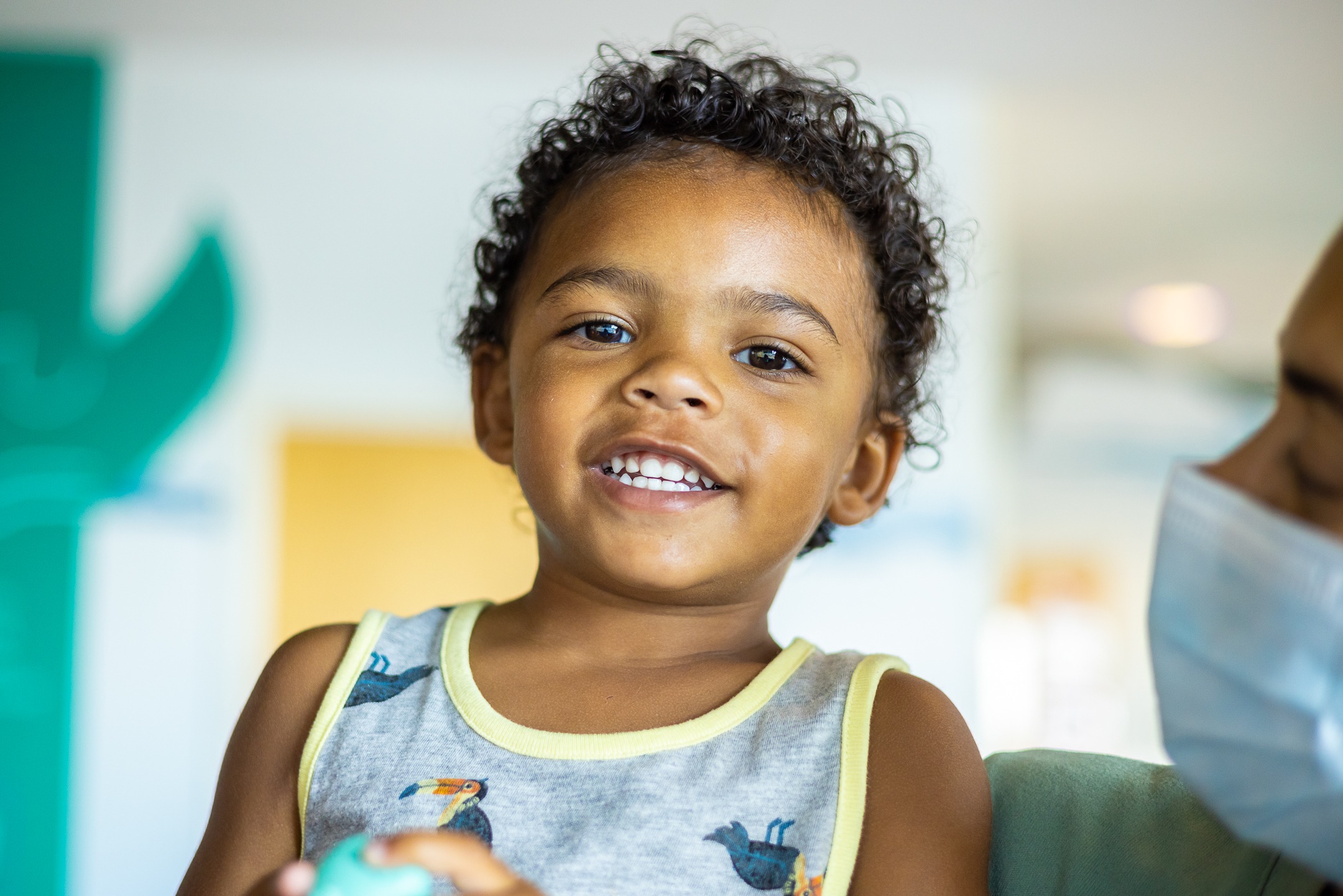 Two-year-old Mathís’ family came to Children’s seeking solutions, and craniosynostosis surgery by Children’s Plastic & Reconstructive Surgery team provided life-changing results. Read More
Two-year-old Mathís’ family came to Children’s seeking solutions, and craniosynostosis surgery by Children’s Plastic & Reconstructive Surgery team provided life-changing results. Read More

Karter
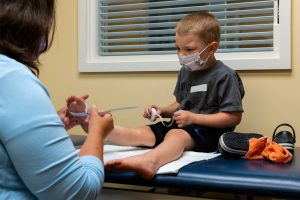 For Karter, a 4-year-old from Hastings, Neb., a ride on his dad’s lawn mower is nothing out of the ordinary. However, on April 13, 2022, this routine father-son task resulted in an accidental injury that required transport to Children’s via helicopter. Read More
For Karter, a 4-year-old from Hastings, Neb., a ride on his dad’s lawn mower is nothing out of the ordinary. However, on April 13, 2022, this routine father-son task resulted in an accidental injury that required transport to Children’s via helicopter. Read More
What To Do Next
For Patients
Most patients are referred by their pediatrician or another specialist. However, you can bring your child without a referral as long as their insurance company approves the procedure.
To schedule an appointment for your child, call 402-955-7450
For Referring Providers
The Physicians’ Priority Line is your 24-hour link to pediatric specialists at Children’s for emergency and urgent consults, physician-to-physician consults, admissions, and transport services. Call 855-850-KIDS (5437).
Our fax number is 402-955-7451.
Learn more about referring patients.
